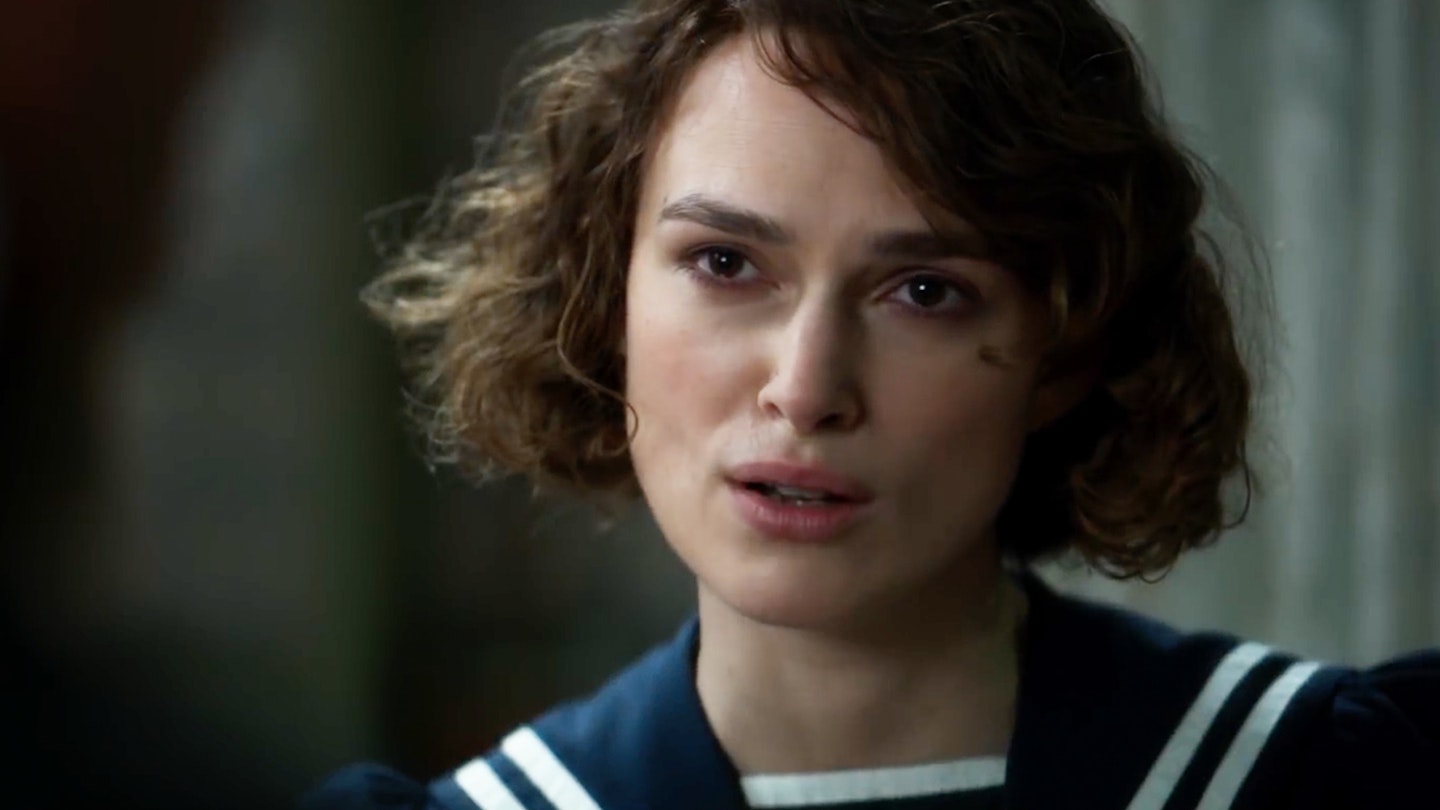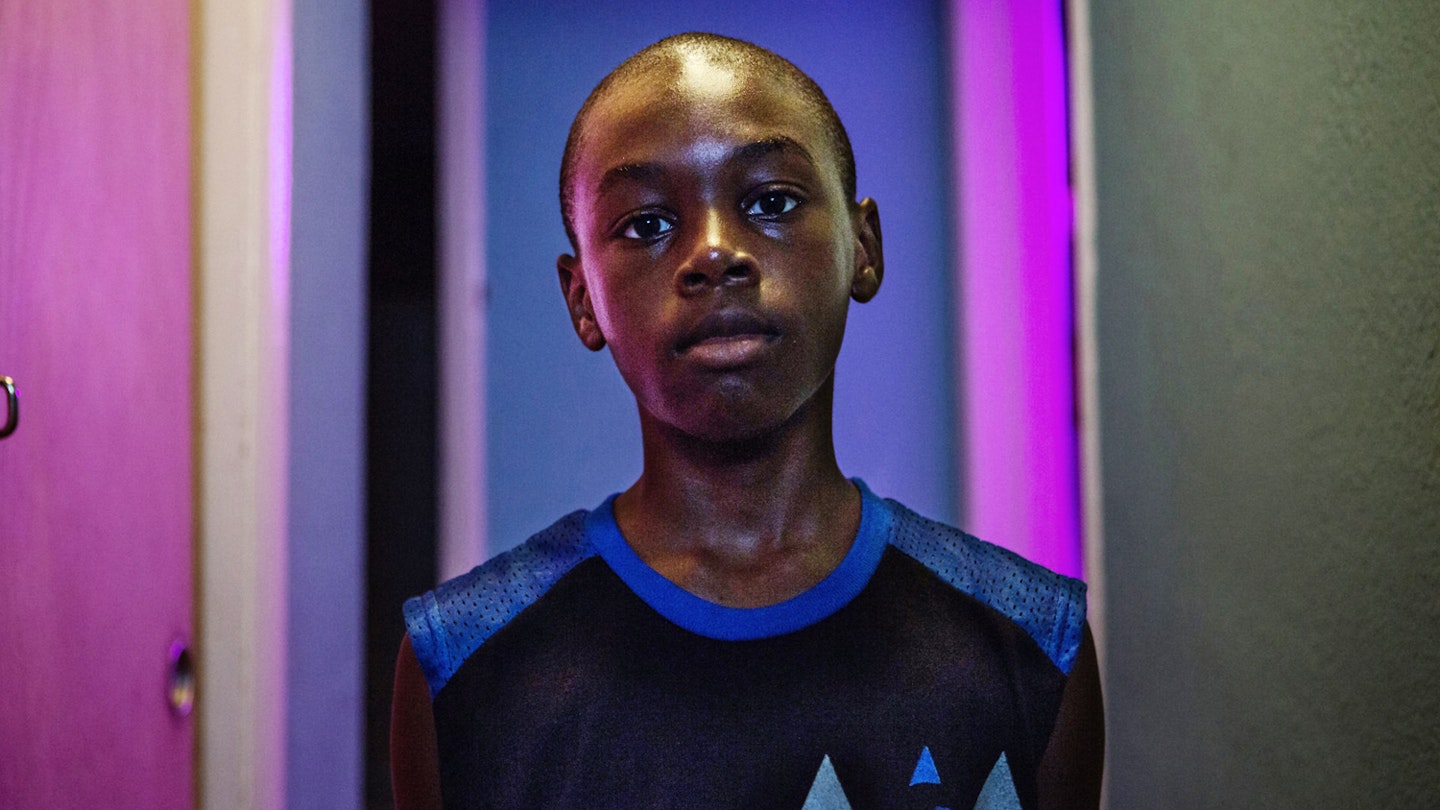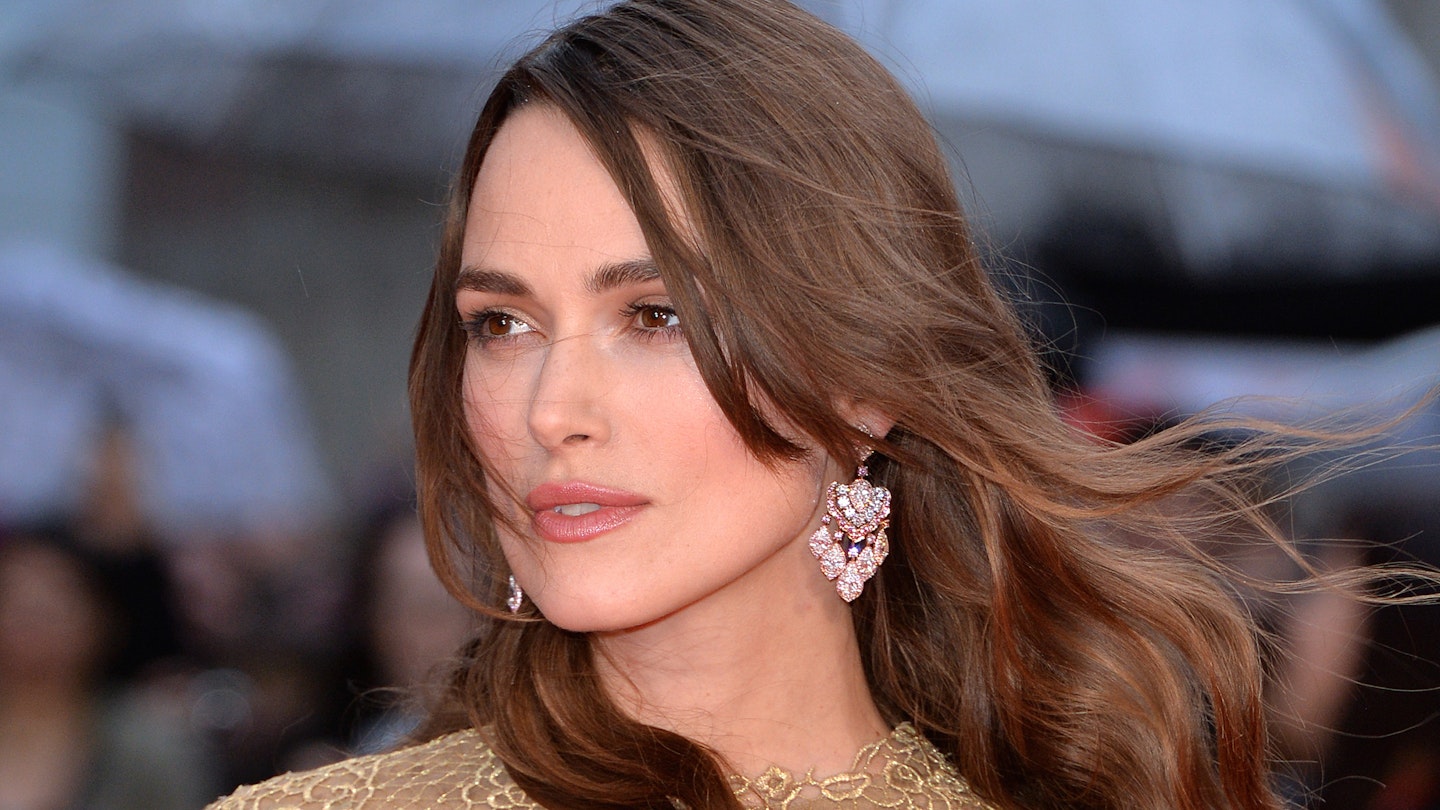You might think you know what you’re in for in this film’s opening scenes, when Keira Knightley stands demurely in a French garden to wave goodbye to Dominic West. But then, still barely five minutes in, she sneaks out for a quick shag with him in a barn across the field. It’s refreshing to see a period drama that involves this strong a commitment to joyous bonking but, as befits the life and works of the scandalous Colette, this is a racy, taboo-busting and queer-friendly affair. Emphasis on the affair.
Knightley’s Colette is already strong-willed and rebellious when we meet her, and only grows more so. Marrying West’s novelist Henry 'Willy' Gauthier-Villars, an older family friend, is about the last conventional action she takes before the match exposes her to the whirl of Parisian society in the midst of the Belle époque. Willy adores the glamour and admiring fans, and while Colette is wary of decadence for its own sake, she soon makes friends among the other misfit artists, writers and dancers. She even tries writing a novel at her husband’s behest, only for him to dismiss it as "too cloying, too feminine". And then Willy, perpetually living beyond his means, finds himself in a financial crunch and resorts to that account of Colette’s schooldays, Claudine à l’école, publishing it under his own name.
It’s a sensation. The dramatic meat of the film explores the loving, exploitative, deeply unconventional relationship between Colette and Willy, one that becomes strained as she demands more autonomy. The couple muddles along initially with the help of various lovers, notably Eleanor Tomlinson’s "wayward debutante" Georgie and the trans Marquise Missy (Denise Gough), because Colette loves Willy but she’s also happy to do without.
Director Wash Westmoreland, who directed Julianne Moore to Oscar-winning effect in Still Alice, keeps the pace up and the tone airy. His directorial touch is light; there’s little
in the way of stylistic flourish here. But then, his primary focus is emphasising the modern concerns and complicated nature of these people, who are relatable in their bad behaviour and eagerness to defy convention, if not their clothing. So Willy pisses on Colette’s first work while also literally pissing, and later becomes so obsessed that he asks his lovers to dress as Claudine.
Not that he’s alone. The Claudine books are a phenomenon, launching a thousand tie-in products, a stage show and talk of movie rights. Colette is racing towards the future in her work and life, learning modern dance, bobbing her hair before it was cool and reinventing French literature while Willy remains stuck in the past. Anchoring it all is Keira Knightley’s fiery performance as the restless, joyful, exasperated and sometimes exasperating Colette. She’s said that period dramas frequently offer women the best roles. On this evidence, she’s right.




